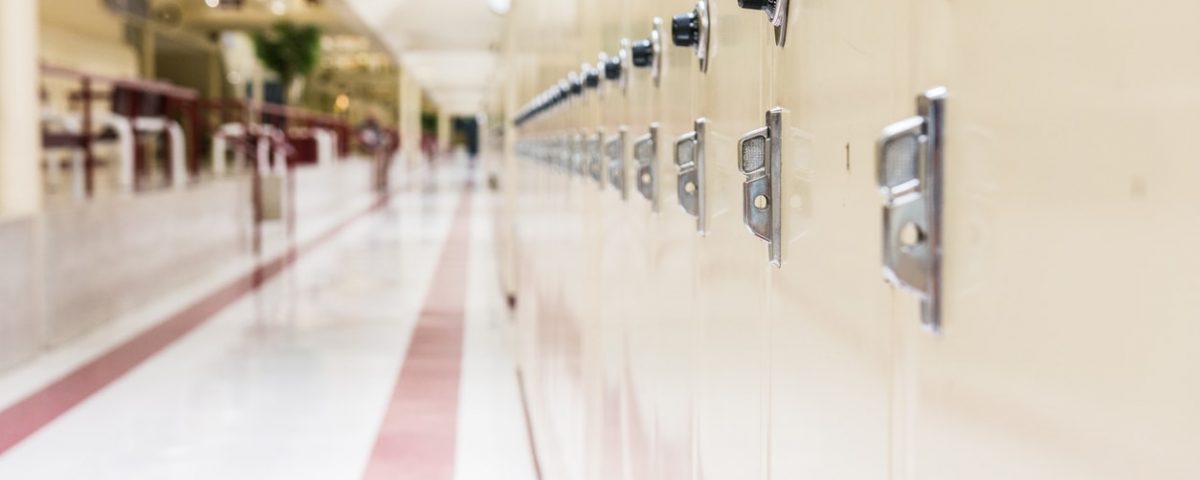Why Some School Districts Today Are Choosing Not to Work With Charter Schools

Understanding the Legal Responsibilities of School Boards
September 17, 2018
Recent Trends in Zoning Reform: What Will They Lead To?
October 8, 2018Why Some School Districts Today Are Choosing Not to Work With Charter Schools
Charter schools and school districts usually work together through charter school authorizing. School districts lend a hand by authorizing public charter schools with other educational institutions like public colleges and universities. However, lately, news about charter schools seeing their funds slashed and support pulled are popping up all over the country as public school districts start to distance themselves more and more.
Authorizers are the educational bodies that approve public charter schools and determine whether or not to extend or terminate a license to operate. Without this kind of support and without the adequate funds, charter schools are find themselves in dire straits.
Fewer and fewer school districts across the country are less inclined to authorize public charter schools today than they were previously. One way in which charter schools are limping along is by getting authorization from other means, other entities besides local school districts, such as independent charter boards.
States typically require charter petitioners to submit a letter and their petition to the superintendent of each district in the same attendance area the school wants to set up in. Charter petitioners do this to let the superintendent know they’re seeking an authorizer, making local school districts the first to hear about this motion. However, school districts are seeing less and less interest in authorizing these new charters or renewing the ones already in business. Here are a few common reasons why this is happening.
A Matter of Independence
Charter schools are designed to run independently compared to regular public schools. The charters’ governing authorities and leadership are ultimately responsible and control the budget, hiring and firing, schedule, courses, development, etc. Most school districts operate in the opposite way. District officials like to group all schools together under an umbrella, keeping all expectations the same. When a charter school comes into play, it disrupts the system.
Making Compromises
Piggybacking off the point above, charter schools are foundationally ran differently and encourage educators to try new things and grow new methods. Charter schools by design promote a dependence on being independent and fostering new ways to teach and learn. With this in mind, it’s no secret that charter educators may not work well when it comes to larger systems with certain expectations already in place.
Poaching Students
One misconception is that public charter schools attract and steal away the top students in both education and athletics from regular public schools. Traditional educators feel that charter schools really operate as private schools that rely on middle-class and upper-class students to fill their classrooms.
About PGUI
Professional Governmental Underwriters, Inc. is a full-service risk management company dedicated to assisting public, educational and non-profit entities in the management of their professional liability exposures. We are dedicated to providing state-of-the-art professional underwriting management and loss control advisory services on behalf of our designated carriers. For more information, call us toll-free at (800) 586-6502.


